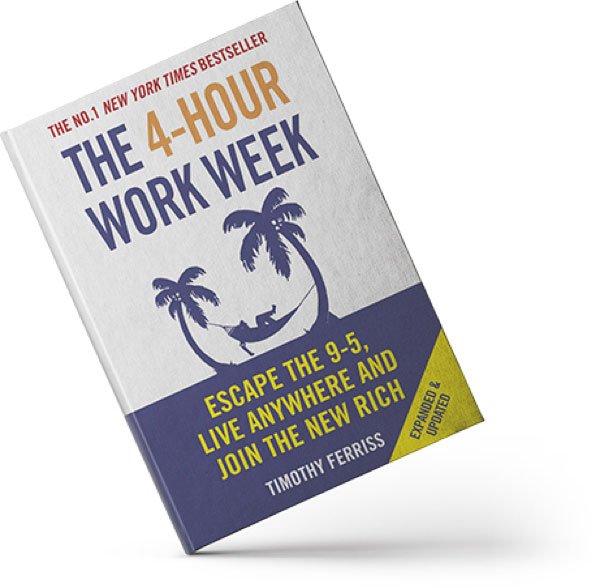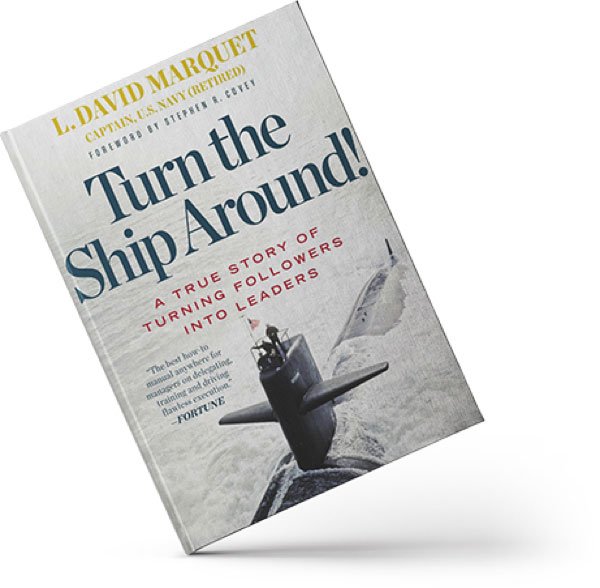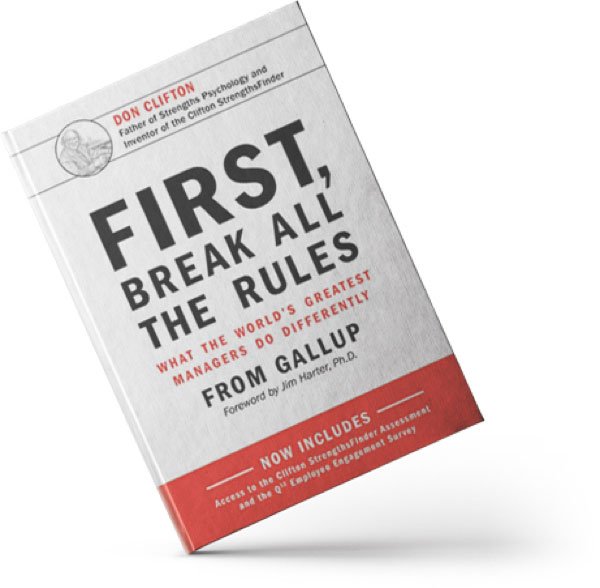It’s clear sustainability is a pressing matter for everyone. But there seems to be a lot of confusion around how or what is needed when it comes to sustainability disclosures.
It’s hard to measure something when everyone’s using different scales. That’s largely why the IFRS (International Financial Reporting Standards) created the ISSB back in 2021 at COP26 (the UN Climate Change Conference in Glasgow).
What is ISSB?
The ISSB is a standard setting board that is developing standards to set the global baseline for sustainability disclosures. That way, it’s much easier for companies to produce globally comparable information around their sustainability decisions.
This not only helps on a company level, but also in global decisions when considering strategies to reach Net Zero. Measuring is an essential first step for reduction.
The ISSB formed the UK Sustainable Disclosure Standards (SDS) in order to address the application of these standards within the UK.
The idea is that the information related to sustainability is provided within the same reporting as any financial statements of the company. This helps investors and financial markets as all the information is of the same high standard.
It aims to institutionalise and unify SECR, TCFD and ESOS into one annual set of sustainability reporting requirements. These requirements are expected to be published in 2024 and include the following:
- ISSB S1 and S2 (further information on these later in the article) including Scope 3
- A detailed Net Zero plan
- Additional non-climate sustainability and ESG reporting disclosures
- What do we know so far?
In June 2023, the ISSB published two new standards:
- IFRS S1: General Requirements for Disclosure of Sustainability-related Financial Information
- IFRS S2: Climate-related Disclosures
IFRS S1
IFRS S1 requires companies to disclose information about sustainability-related risks and opportunities. This is useful to inform decisions related to resources and investments. Information is presented in a consistent manner, making it easier for comparisons to be made and progress to be seen.
IFRS S1 requires a company to disclose the following:
- Sustainability performance (of risks and opportunities) and progress towards set targets
- The processes used to identify, assess, prioritise, and monitor sustainability
- Their sustainability strategy
- The governance processes, controls and procedures used to monitor and manage sustainability
IFRS S2
IFRS S2 requires a company to disclose information about climate-related risks and opportunities that may affect cash flows or company finances for the short, medium, and long term.
These climate-related risks can be both physical and transition risks.
This information should cover:
- A company’s performance and progress towards climate-related risks and opportunities
- Processes used to identify, assess, monitor and prioritise climate-related risks and if they are incorporated into the overall risk management process
- The strategy for managing climate-related risks and opportunities
- The governance processes, controls and procedures used to monitor and manage climate-related risks and opportunities
- These have both incorporated TCFD. All part of the aim to unify reporting.
The Future
SDS may also introduce a UK Green Taxonomy in the future. This would work in a similar way to EU sustainability legislation. It would act as a rulebook that determines which economic, business and investment activities count as sustainable. By using a classification system, it gives a set criteria for what activities are aligned with the Net Zero by 2050 plan so it’s clearer what actions are needed in order to achieve this goal.
A common language avoids confusion but also reduces cases of greenwashing. The Green Taxonomy will make it easier for investors and consumers to understand what a company’s impact is on the environment so unsubstantiated or exaggerated claims will be easy to identify.
All this information can be pretty overwhelming. We don’t have all the answers, but if you want to chat through some of bits we’ve mentioned above, I’ll never say no to a cuppa. Just get in touch.






















